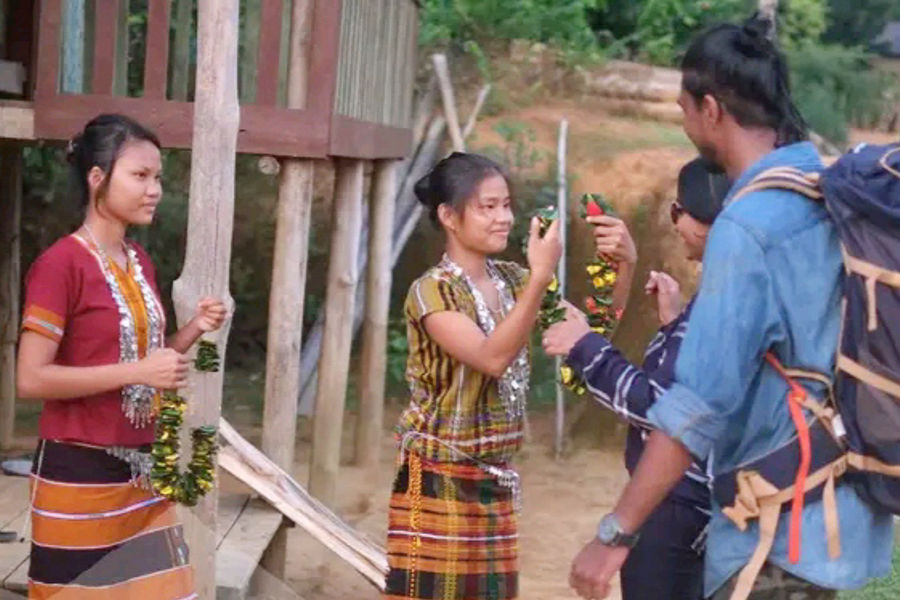
Published :
Updated :

Rural tourism has become a major driver of local growth globally. Besides serving as an ingenious way to diversify rural economies in many countries across regions, it is preserving local culture and heritage. As a nation with rich natural and cultural resources scattered countrywide, Bangladesh holds huge potential for turning them into tourism hotspots. Rural areas boast numerous tourism appeals --- lush vegetation, unique inland waterways, diverse cultural heritage and tribal communities. But they remain neglected. While tourists - local and international --- flood certain destinations like Cox's Bazar, lesser-known rural tourism attractions receive little attention. Several factors hold back the country from tapping the rural tourism potential --- a lack of vision and comprehensive planning, weak transport infrastructure in rural areas, insufficient promotion of rural tourism sites and issues of safety and security.
Bangladesh should no longer lag behind in exploiting its rural tourism potential. The time is ripe for the country to catch up and the lessons from other countries offer clear guidance for adoption. For example, according to a study report available on ResearchGate, rural tourism's income in China in the first quarter of 2024 accounted for 5.1 per cent of GDP in rural regions. In Sri Lanka, tourism, a major part of which is rural tourism, contributed 4.9 per cent of national GDP in recent years. When rural areas become tourism destinations, the economic ripple effects, such as job creation, craft production, homestays and local food businesses improve and infrastructure gets upgraded.
Among the obstacles to Bangladesh tapping its rural tourism potential, the main one is the absence of a comprehensive plan for rural tourism. Though the ministry of tourism has identified spot lists of potential rural tourism sites in various districts, these remain fragmented and lack follow-through. Unlike in China, where rural tourism is embedded into regional development strategies, in Bangladesh it often remains a marginal afterthought.
Transport infrastructure is a particular weakness in the promotion of village tourism. Many villages lack paved roads, reliable public transport or safe access after daylight. For tourism promotion, accessibility, comfort and safety for guests are not optional things; they are a must. A village may be beautiful but not worth visiting without roads, comfortable guest accommodation, electricity and internet connectivity, safe food, and basic safety arrangements. We must recognise that rural tourism cannot flourish unless these enabling conditions are met.
Bangladesh does not need to invent anything to tap its rural tourism potential. Just replicating the approach that China and Sri Lanka are following will be enough to kickstart the process. The country will require to offer incentives and create rural tourism clusters that attract private investment in homestays and cultural events. Safety and hospitality standards have to be improved. Accredited training for guest-house hosts will be of great help in this regard.
Consistent promotion of village tourism will also be necessary. Bangladesh's tourism branding is largely focused on beaches and cities. Rural tourism requires a different narrative. It should highlight the authenticity, cultural encounters, nature and off-beat experiences that village tourism may offer.
Imagine how a tourist will feel when he or she will reach a village in southern Barishal on a luxurious launch, stay in a comfortable house, join a guava-orchard harvest, take a boat ride and visit a boat haat, enjoy a traditional meal cooked by the host family, buy local souvenirs, and return safely. Each step of the experience - transport, accommodation, activity, food, local product - would generate income for the local community, thus contributing to rural economic development.
rahmansrdk@gmail.com


 For all latest news, follow The Financial Express Google News channel.
For all latest news, follow The Financial Express Google News channel.